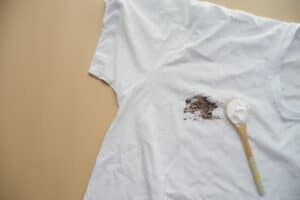Paper Recycling
- Busting Some Common Myths!
(Part 2)
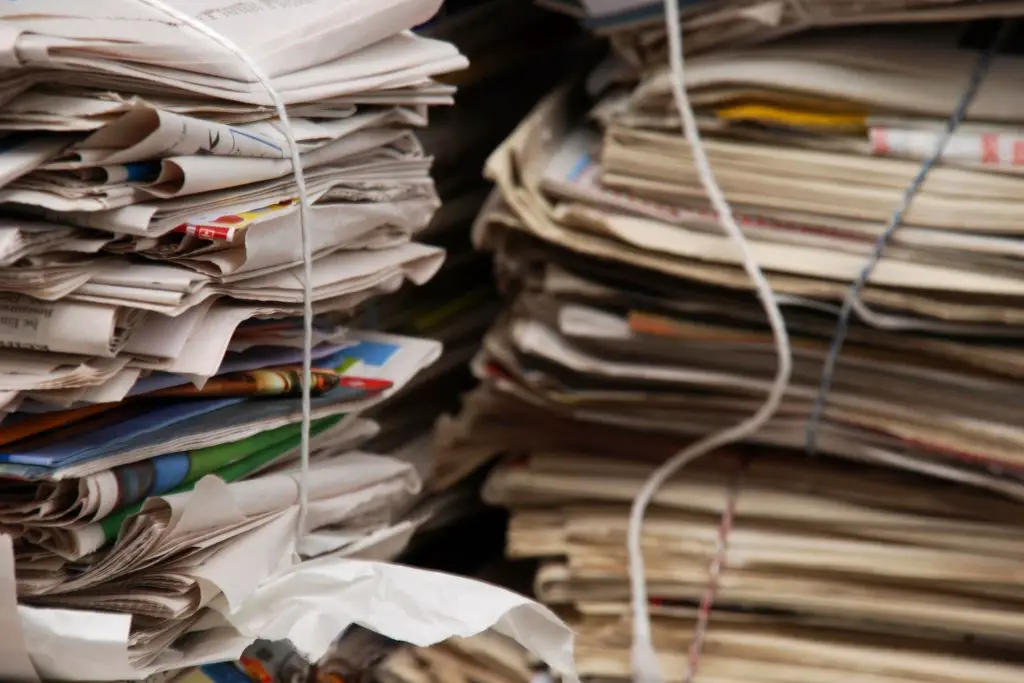
This post was last updated in 2023
Can you recycle pizza boxes?
But if you are in NSW, QLD and VIC it may be safe to place the whole box into the recycling bin, even if it is greasy.
Or the whole lot can go in a FOGO bin, if your council provides one. Or your compost bin, if you have one at home.
Are milk cartons and tetra paks recyclable?
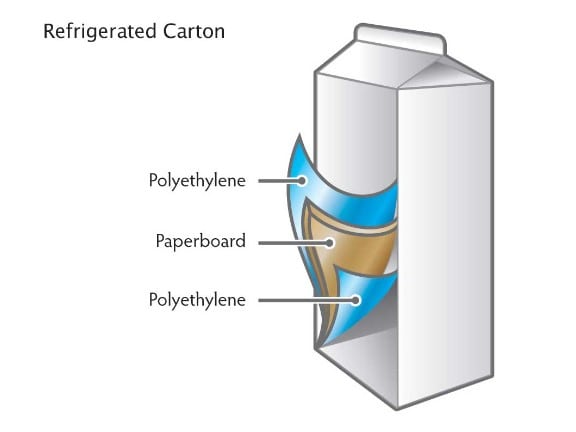
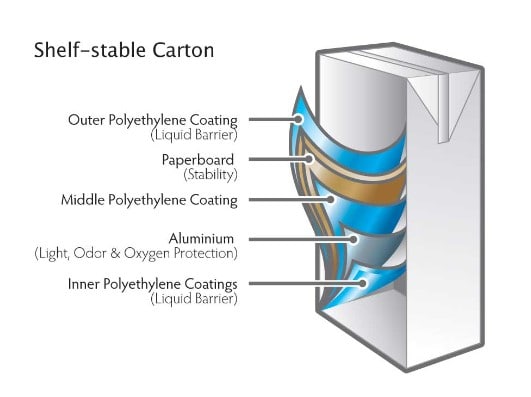
Source: https://www.recyclecartons.ca/cartons-101/
Some paper recyclers do not want cartons in their recycling streams as they say it degrades the value of recycled paper fibre. However, on average, fresh beverage and long-life, foil-lined cartons make up just 0.6% of mixed paper bales sorted at recycling sorting facilities
- Be in good condition (not be crushed or broken)
- Be empty
- Have the label attached
Can you recycle frozen food boxes?
These boxes aren’t in contact with the food they contain. The food itself is contained within plastic packaging that will need to be recycled separately (not through your household recycling bin).
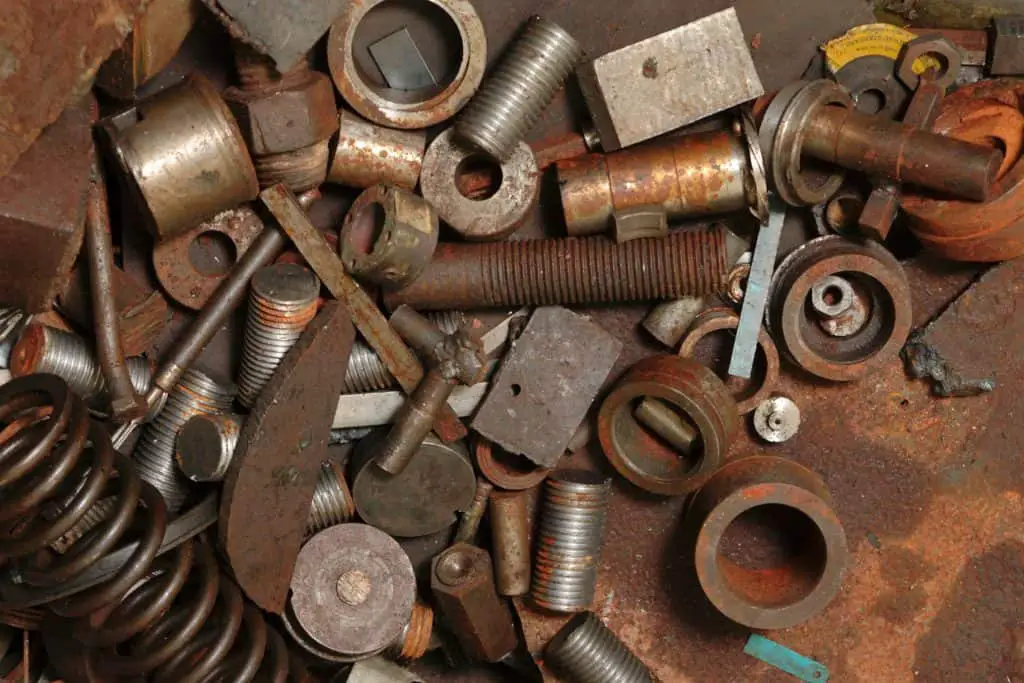
Can you recycle coffee cups?
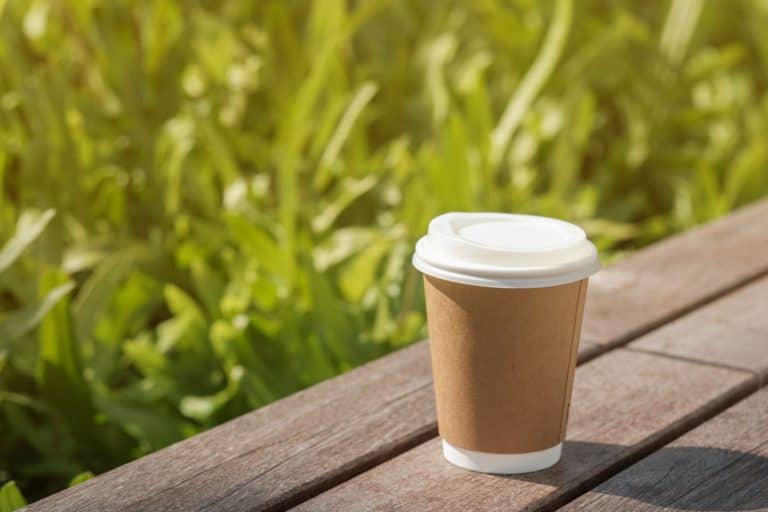
Are paper bags recyclable?
However when it comes to food, you will need to remove as much as possible from the bag before placing it in the recycling bin. This is so it protects those that manually handle recycling, as noted above.
Are paper egg cartons recyclable?
While the recycling process is largely straightforward, some materials require a little bit more investigation to determine the right thing to do.
In the last two blog posts I have examined the more challenging items that tend to enter the paper recycling stream. The answers are not always straightforward, but armed with an understanding of the paper recycling process and how it works in Australia, answers have been provided.

xxx Tahsin

